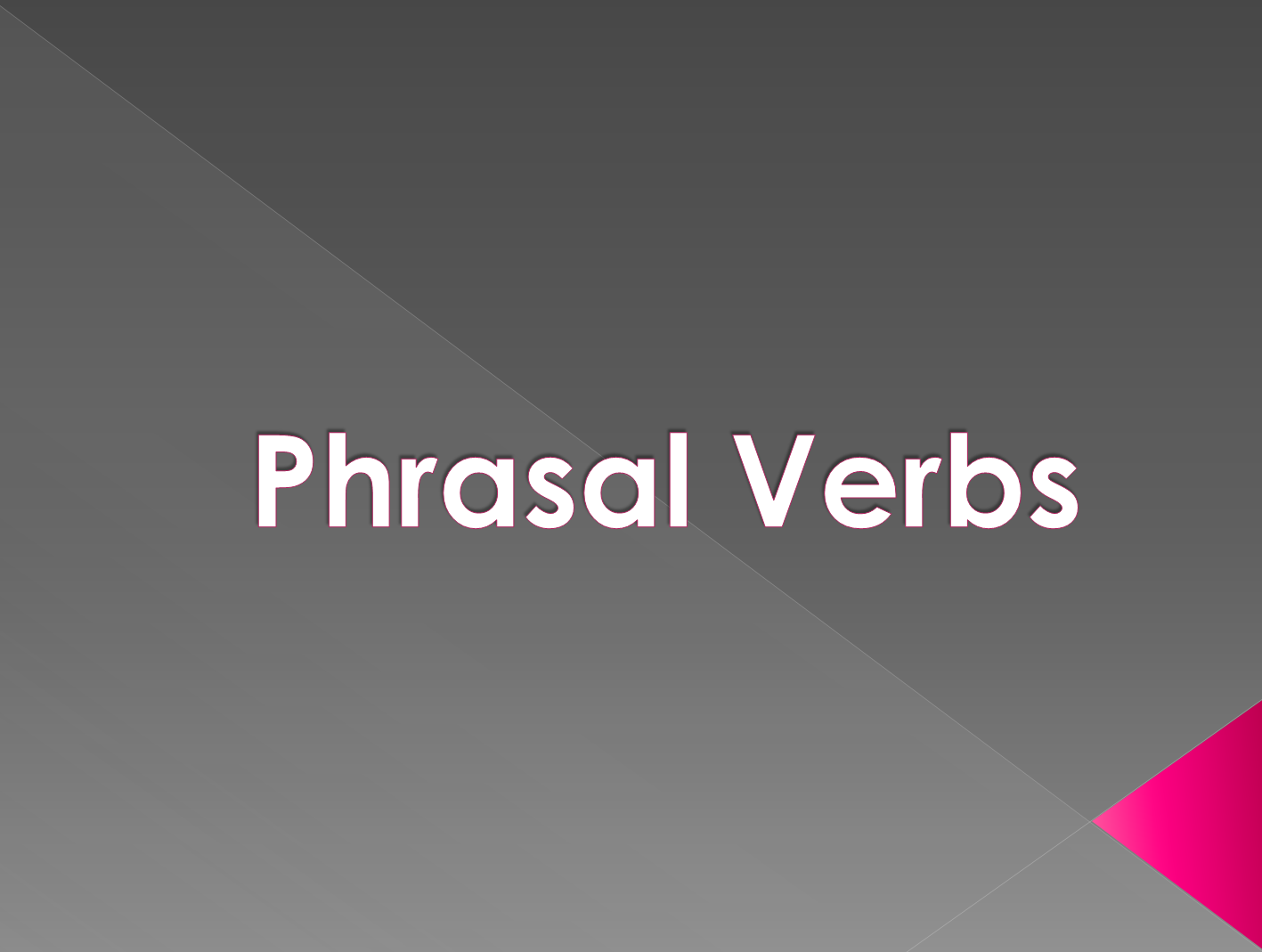
Collocations are the keys to use ENGLISH more like a native speaker. Learning English Collocations may help students and readers build essential vocabulary and learn to speak more fluent and natural-sounding English.
In general, a Collocation is a pair or group of two or more words that are often used together by native speakers.
Some common examples are:
- blond hair (Not Yellow Hair)
- make friends (Not Get Friends)
- make mistakes (Not Do Mistakes)
- heavy rain (Not Strong Rain)
When we make mistakes with collocations, the listeners will usually understand us but our English won’t sound natural because it’s different from how a native speaker would talk.
Therefore, if you want your English to sound natural, you have to make efforts to learn collocations since they are difficult to guess.
Types of Collocations –
- Verb + Noun
- Verb + Verb
- Noun + Verb
- Noun + Noun
- Adjective + Noun
- Adjective + Adjective
- Adverb + Adjective
- Adverb + Adverb
- Verb + Adverb
- Phrase
1. Verb + Noun
Some common examples are: launch a product, play a joke/trick, create opportunities, do homework, make the bed, abuse drugs, accept a challenge, accept an apology, commit murder etc.
Example 1 – Attend a school (to go to a school)
- It is important for children to attend a school.
- Her daughter prefers to attend a school that provides education for females only.
Example 2 – Abuse drugs (to use illegal drugs in a way that is harmful to your health)
- Alex has abused drugs for over 4 years.
- He died early due to abusing drugs for many years.
2. Verb + Verb
Some common examples are: can’t afford, can’t help, can’t stand, don’t care, don’t mind, keep going, make believe etc.
Example 1 – Get changed (to take off the clothes you are wearing and put on different ones)
- She got changed and went to the party.
- Your clothes are wet, so you should go and get changed right now.
Example 2 – Hate to think (do not want to think or imagine about something because it is unpleasant or upsetting)
- Peter hates to think how much money he has spent on gambling.
- Joe hates to think she has lost over $10000.
3. Noun + Verb
Some common examples are: phone rings, lion roars, the plane took off, the bomb went off etc
Example 1 – Ideas flow (ideas follow each other in a natural way without anything stopping, especially in an easy)
- His ideas flow smoothly in the essay because of his skillful use of varied sentence structures.
- The ideas flow freely from least to most important.
Example 2 – Phone rings (telephone rings) (if your phone rings, it makes a loud clear sound)
- You might be in trouble if your phone rings in private places.
- Her phone rang while she was taking a shower in the bathroom.
4. Noun + Noun
Some common examples are: action movie, abuse of power, block of flats, contact details, desk job, interest rate, job opportunity, junk food, living conditions etc.
Example 1 – Piece of advice (a particular suggestion that someone gives you about the best thing to do in a particular situation)
- Would you like me to give you a piece of advice?
- I think you should get a piece of advice from your doctor.
Example 2 – Return ticket (a ticket for travel to a place, and then back again)
- If you buy a return ticket, it will be cheaper than two one-way tickets.
- Bill was not allowed to board the flight back to USA due to his invalid return ticket.
5. Adjective + Noun
Some common examples are: empty promise, tough question, alternative medicine, bad breath, bad temper, big brother, big money, regular exercise, clean energy, common knowledge, bright future, bright idea, broken home, casual clothes etc.
Example 1 – Rough draft (the first version of a piece of writing, a book or a document which is unedited)
- Alex has just completed a rough draft of his first book.
- The teacher requested him to edit or rewrite the rough draft of his essay.
Example 2 – Good team player (a person who works well with other people as part of a team or group)
- Alex is a good team player. I always like to work with him.
- Are you a good team player.
6. Adjective + Adjective
Some common examples are: boiling hot, neat and tidy, safe and sound etc.
Example 1 – Neat and tidy (clean and organized, not messy)
- Marry’s house looks very neat and tidy.
- My mom likes everything neat and tidy.
Example 2 – Safe and sound (free from damage, danger, hurt or injury)
- It was a rough trip, but we arrived home safe and sound.
- We are glad to see you here safe and sound.
7. Adverb + Adjective
Some common examples are: bitterly cold, badly hurt, bitterly disappointed, fully aware, utterly stupid, fast asleep, seriously ill etc.
Example 1 – Utterly ridiculous (extremely silly or unreasonable)
- You’ll look utterly ridiculous in that short skirt.
- I though his idea was utterly ridiculous.
Example 2 – Well worth (be certainly deserving of something or doing something)
- Your idea is well worth consideration.
- Paris is well worth a visit.
8. Adverb + Adverb
Some common examples are: all along, almost certainly, far away, hardly ever, just now, long ago, quite a lot/a bit, right away, straight ahead, quite often etc.
Example 1 – Well ahead (further advanced than someone or something/much earlier or sooner than someone or something)
- Marry is trying to finish her doctoral thesis well ahead of the deadline.
- Tom finished the race well ahead of the other racers.
Example 2 – Yet again (one more time, after many other times)
- The flight was delayed yet again.
- Prices of oil increased yet again.
9. Verb + Adverb
Some common examples are: become increasingly, arrive on time, ear properly, need badly, try hard, do likewise, fight hard, read aloud, whisper softly, vaguely remember etc.
Example 1 – Ask a question (to ask somebody to tell you something when you want information)
- The police asked him questions all day.
- If you want to ask a question, please raise your hand.
Example 2 – Arrive on time (to arrive at the correct time and not late)
- The plane arrived was on time.
- Don’t worry, Tom will arrive on time.
10. Phrase
Some common examples are: burst into tears, run out of money, be filled with horror etc.
Example 1 – Bear in mind (to remember)
- Bear in mind that I can’t run as fast as you.
- We should bear in mind that time is money.
Example 2 – See eye to eye (to agree or have the same opinion with someone about something)
- Jane and her mother don’t see eye to eye on many things.
- Tom and his girlfriend see eye to eye on most things, so they don’t often have fights.
- Idioms and Other Expressions Used For Talking About ‘Work’
- What Are Weasel Words?
- Money and Finance – Test Your Knowledge
- Phrasal Verbs, Idioms and Other Expressions Using ‘CUT’
- How to Say Time in English
- Idioms and Other Expressions Used For Talking About Money
- Shopping and Consumerism – Match the Correct Name
- Phrasal Verbs – Choose the Correct Verb
- Currency Markets – Choose The Best Words
- Personal Qualities – Use the Best Nouns and Adjectives








